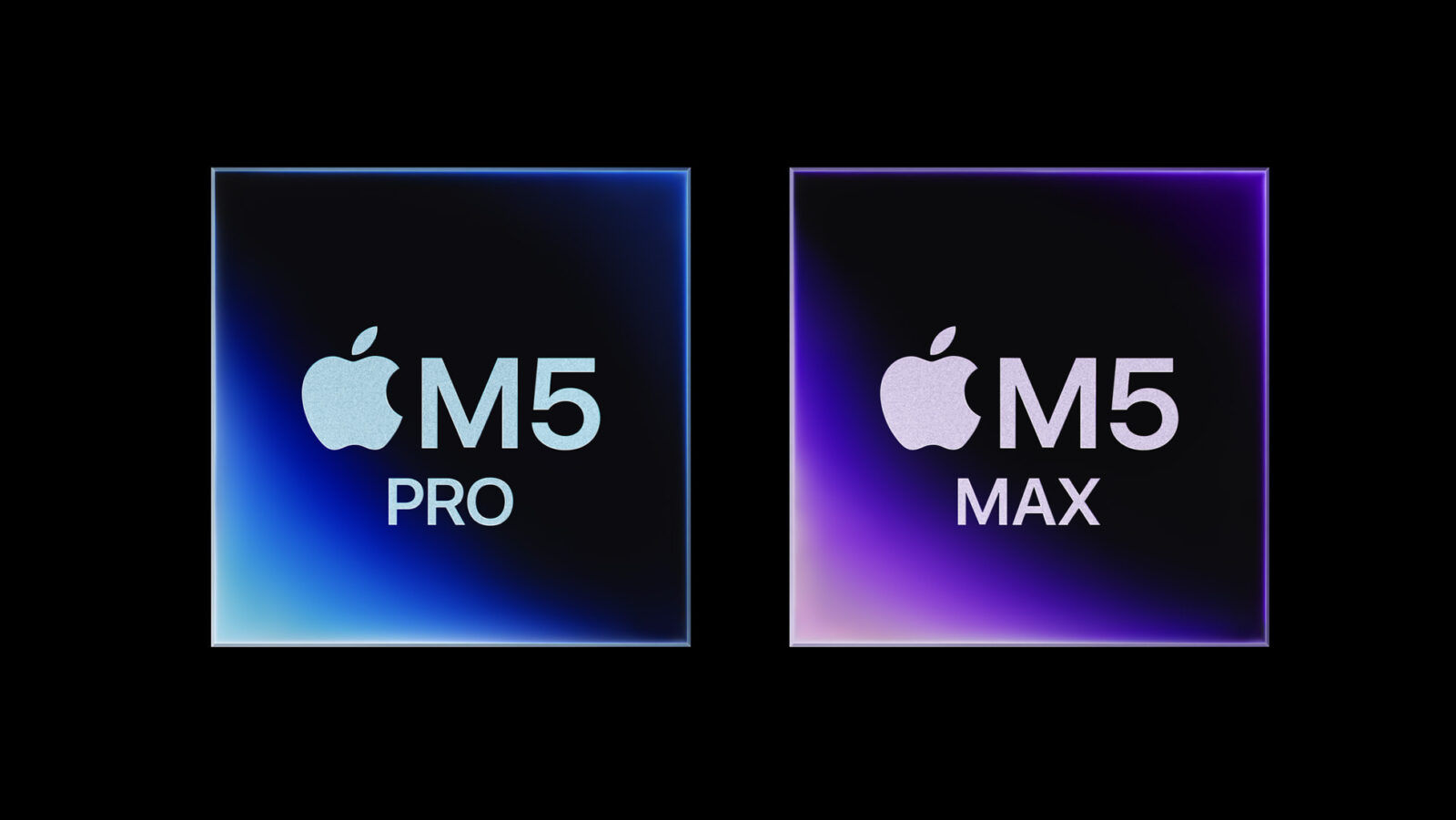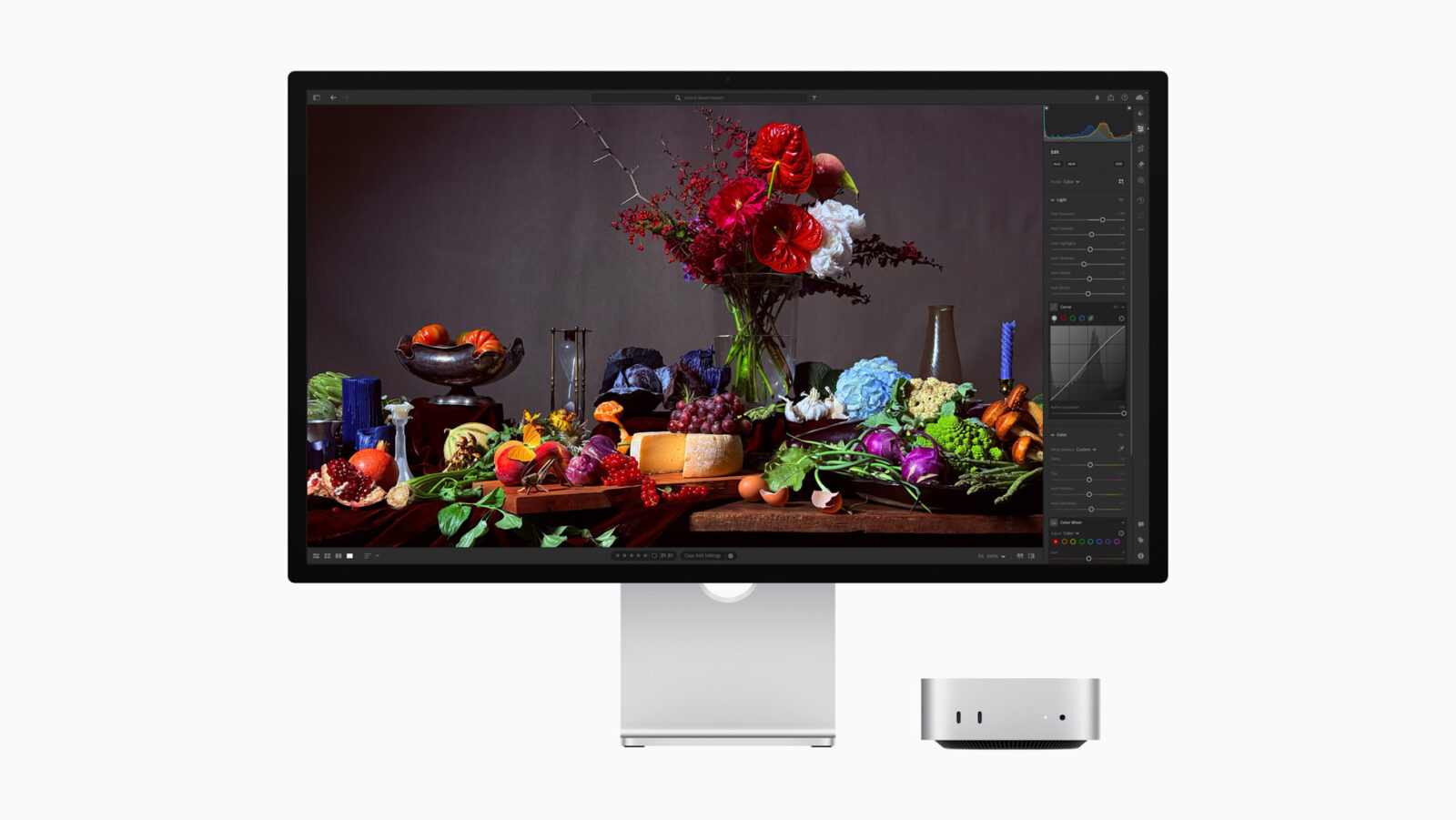TL;DR: A stunningly atmospheric but uneven mix of Soulslike combat and directionless exploration. Frustrating, ambitious, worth your time.
Hell Is Us
I have a soft spot for games that dare me to get lost. Not just “open-world collectathon” lost, where the map vomits icons at you until you give up and chase whichever tower looks shiniest, but truly, defiantly lost. The kind of lost where you start questioning whether you’re going the wrong way, whether you missed a clue, whether the game even wants you to succeed. The kind of lost that feels a little like life itself: confusing, arbitrary, cruel, but sometimes, if you keep going, sublime.
That’s why Hell Is Us, Rogue Factor’s audacious plunge into narrative-heavy exploration, had me hooked from the jump. Set in the fictional country of Hadea—a nation that’s been locked behind its own walls after decades of authoritarian rule—the game tackles themes of isolation, propaganda, and cultural erasure with an earnestness that sometimes tips into heavy-handed territory. But earnestness beats irony any day when you’re trying to make sense of a war-torn landscape where every crumbling wall hides a story, and every silence says more than dialogue ever could.
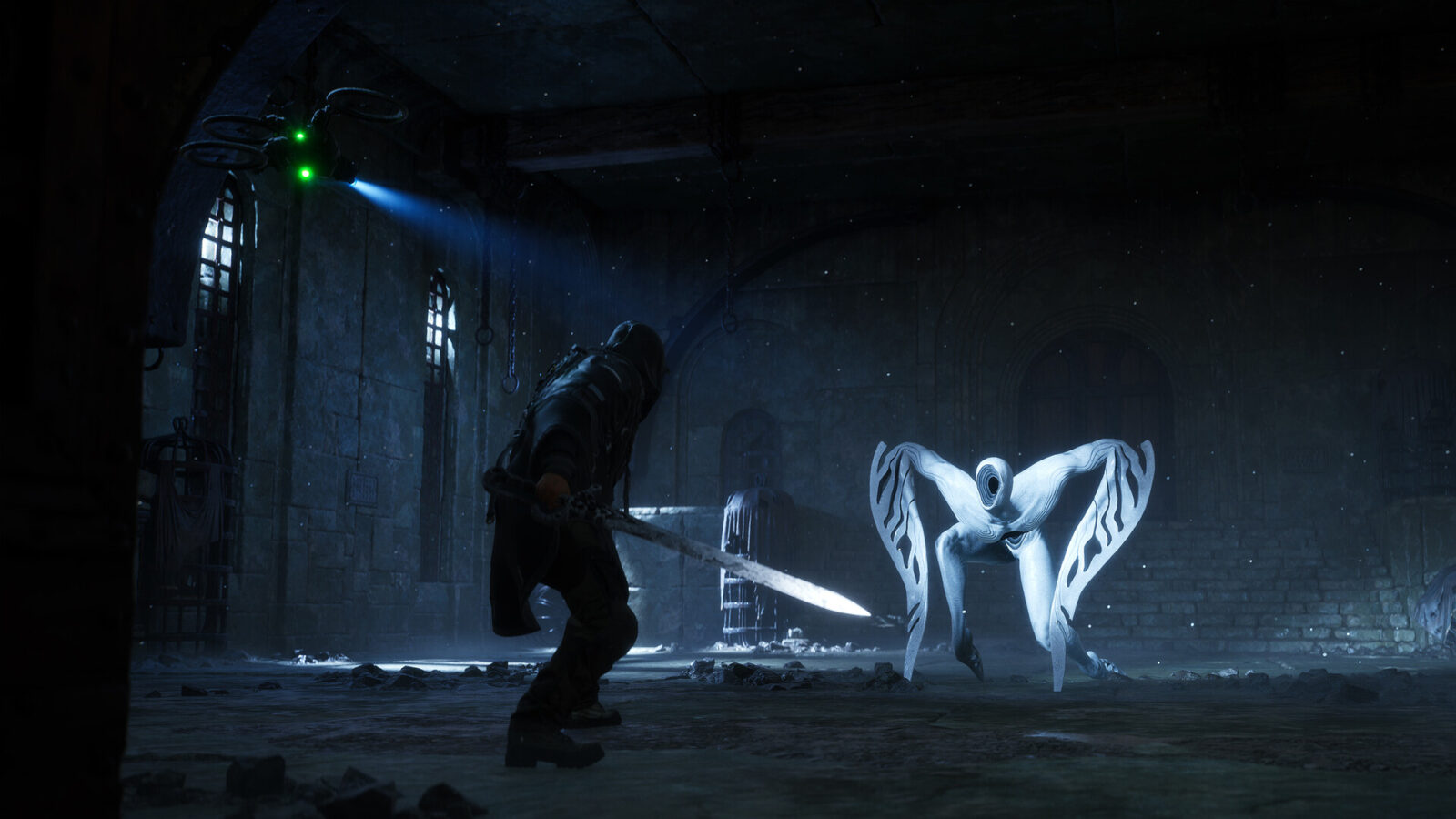
I didn’t just play Hell Is Us. I wandered it. I suffered through its restrictions, cursed its clunky combat, and reveled in the eerie satisfaction of solving puzzles that made me feel like the smartest person alive. And despite wanting to throttle it on more than one occasion, I kept coming back—because beneath its flaws lies a game that dares to trust the player, if only in fleeting moments.
War Without Instructions
Hell Is Us makes a bold choice: no quest markers, no map, no HUD clutter that screams “go here, idiot.” Instead, you get a compass, a handful of scribbled notes, and the faint memory of landmarks. That’s it. And honestly? It feels like being dropped into someone else’s nightmare with only your instincts to guide you.
This directionless design isn’t just a gimmick—it mirrors the disorientation of living in a fractured, war-torn society. Civilians don’t get GPS coordinates for survival. Refugees don’t have glowing waypoints to safety. Hell Is Us asks you to fumble in the dark, and when it works, it’s brilliant. The problem is, the game doesn’t fully commit. Just when you’re basking in the satisfaction of piecing together clues, it swoops in with a condescending pop-up: “Hey, by the way, here’s exactly where that key goes.” Thanks, Hell Is Us, I was really enjoying the whole point of your design philosophy until you panicked and assumed I’d get bored.
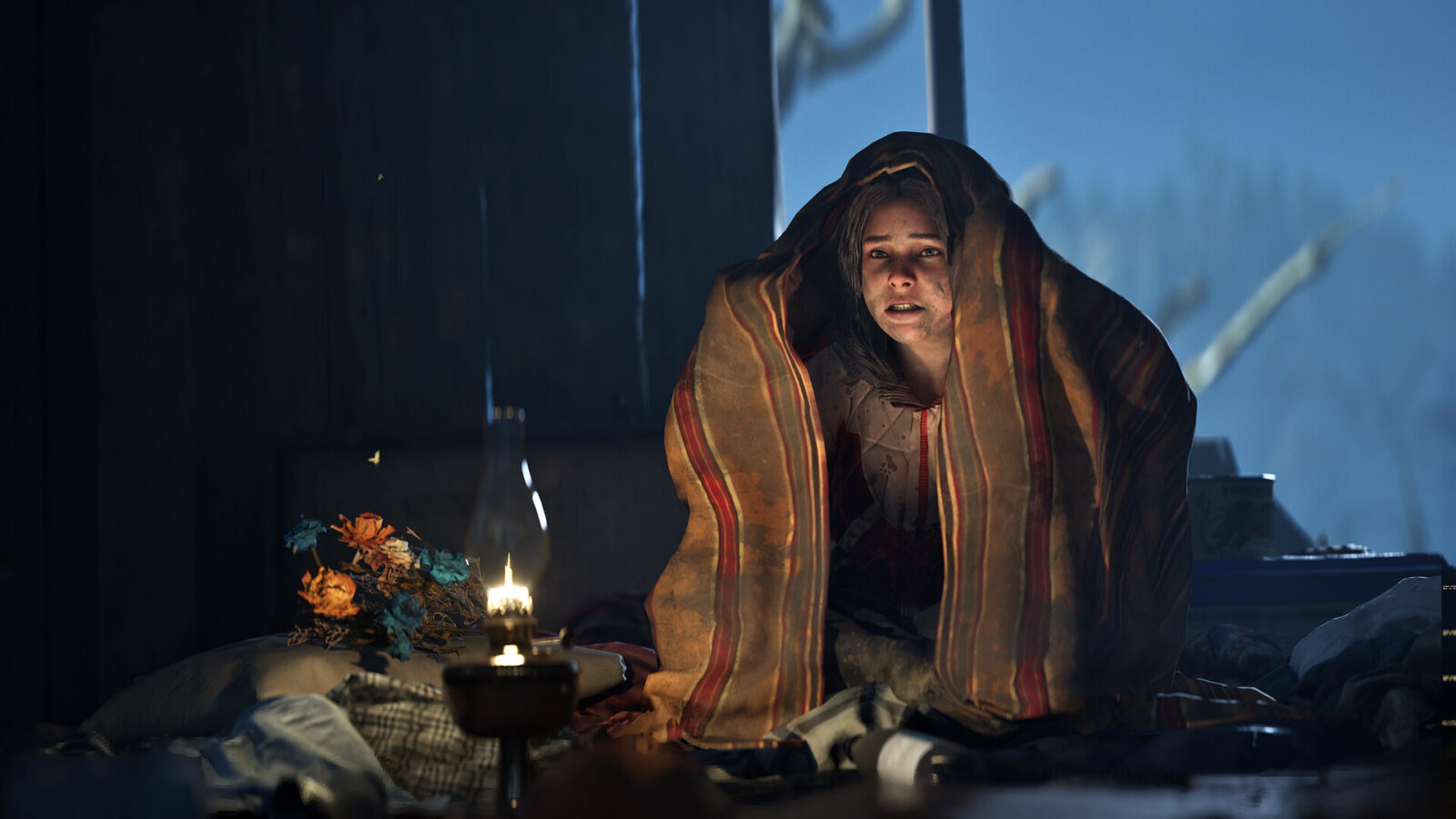
Still, those moments when the training wheels stay off are unforgettable. Like the time I found a safe rusting in the corner of a library. No instructions, no quest attached—just an object that begged to be understood. Hours later, in an entirely different village, I stumbled across a clue about a family forced to relocate, their son’s ID card left behind. The pieces clicked. That safe opened. I felt like Indiana Jones, if Indiana Jones had to hoof it across a country with no whip, no car, and absolutely no tolerance for swimming.
Combat: Five Shades of Pale
Of course, exploration isn’t the only thing on the menu. You’ll also fight beings known as Lymbic Entities, pale, unnerving apparitions that can only be killed with equally mysterious weapons. On paper, the combat is a love letter to Soulslike precision: stamina bars, parries, dodges, the whole “every mistake is your fault” schtick. In practice, it’s… fine. Fluid, responsive, and satisfying in the short term. But by the tenth hour, I’d seen everything the system had to offer. By the twentieth, I was rolling my eyes every time another “Linked Enemy” pulled out its cheap party trick of temporary invincibility. By the thirtieth, I wanted to uninstall every time the game tried to pretend weapon upgrades mattered when, in reality, every path leads to the same outcome.
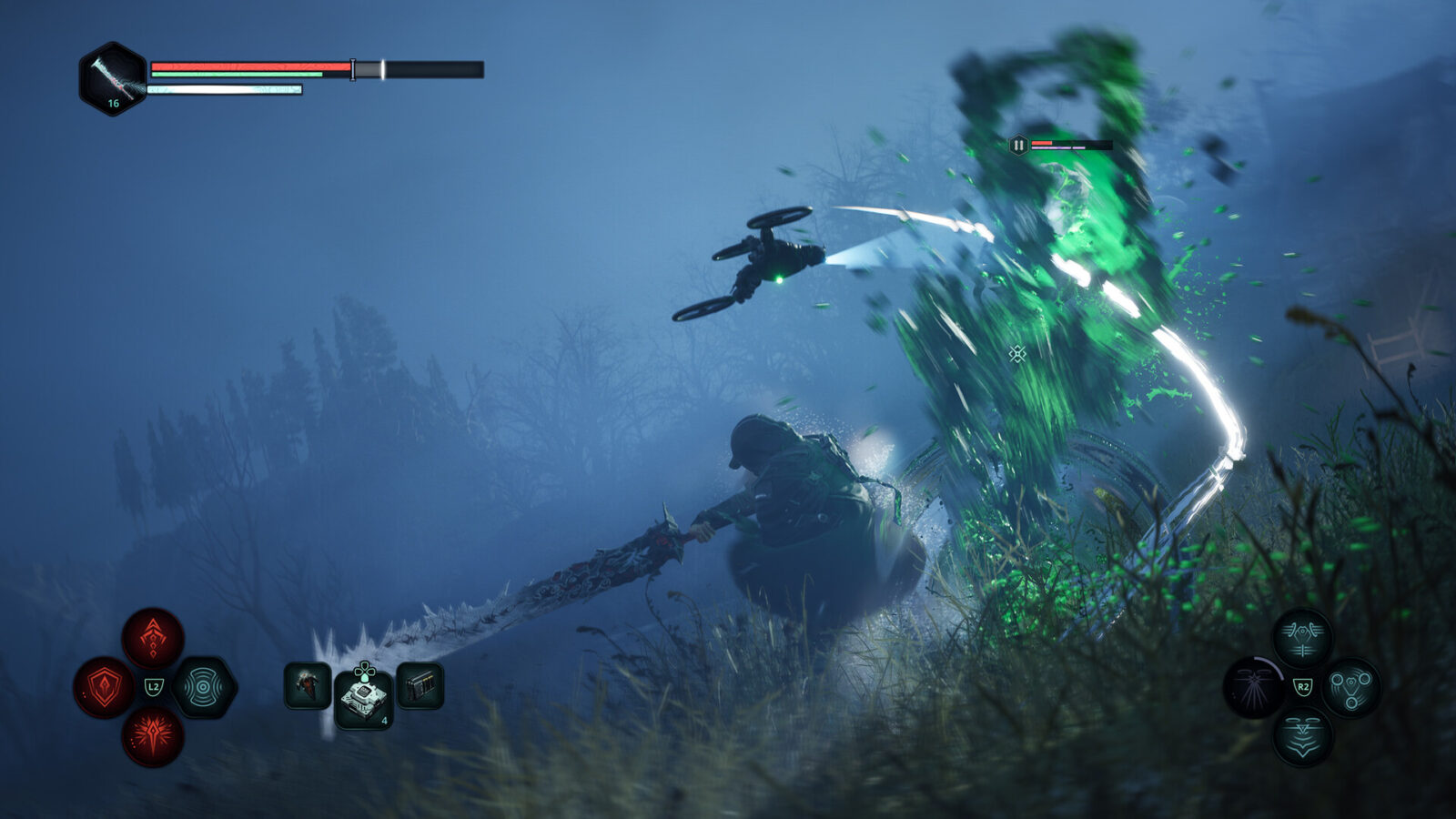
The finishers don’t help. Supposedly brutal, supposedly cinematic, they land with the tonal subtlety of a Mortal Kombat fatality grafted onto a political allegory about cultural genocide. It’s like watching someone spray graffiti on a war memorial: shocking, yes, but utterly out of place.
A Country in Fragments
If Hell Is Us falters in combat, it soars in atmosphere. Hadea is a land of contradictions: lakes so serene they feel like postcards from another world, museums warped into uncanny temples of propaganda, towns where silence is louder than gunfire. Every ruin, every mural, every rusted sign feels like a whisper from the past. I spent hours just wandering, gawking at statues half-swallowed by waterfalls or villages reclaimed by weeds. This is a game where the art team understood the assignment and then aced extra credit.
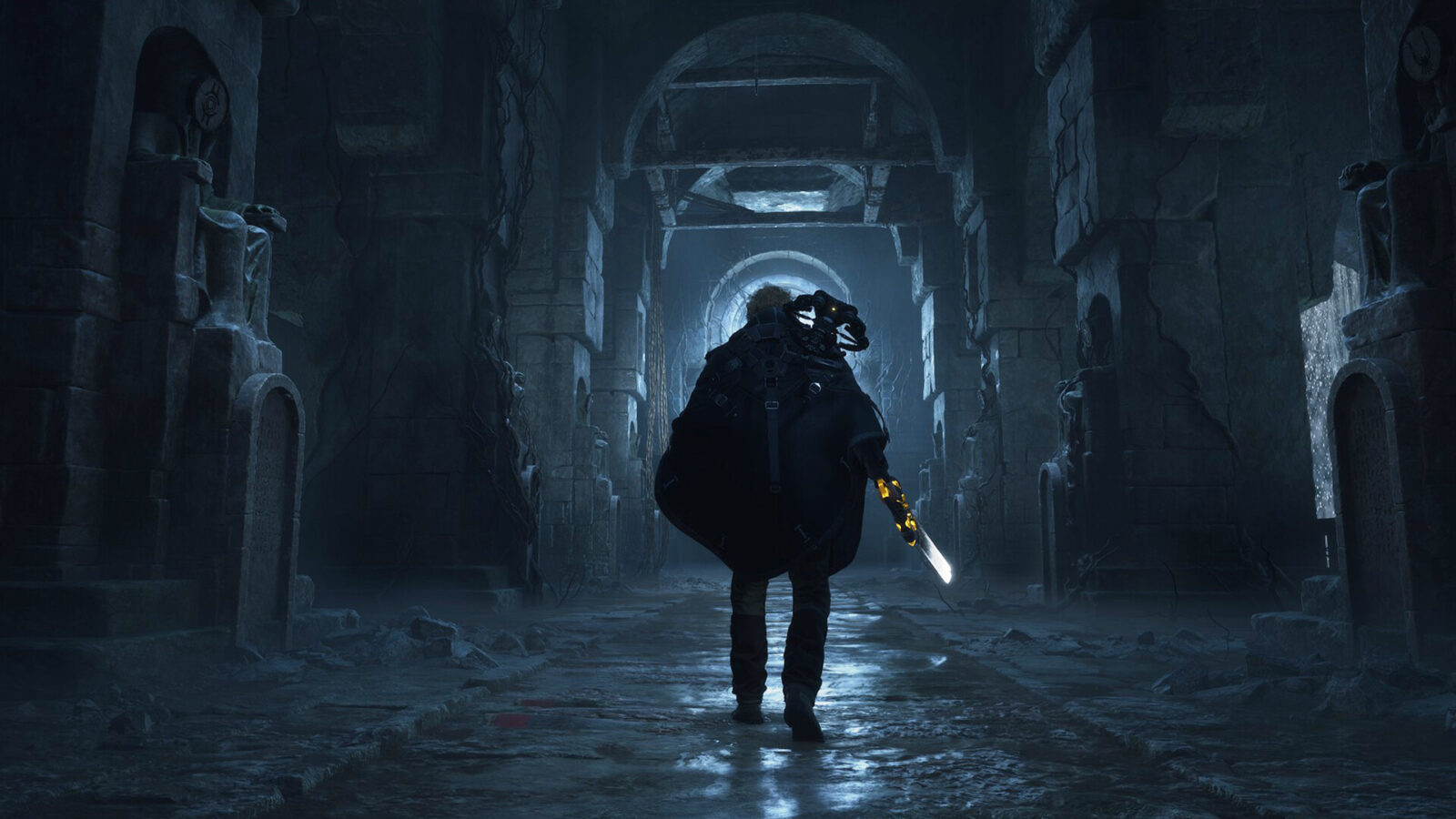
The narrative doesn’t always keep pace. For a game so rooted in political commentary, its final act pivots toward a shadowy Big Bad that feels pulled from a lesser action-RPG. It’s frustrating, because the occupied towns, refugee camps, and mass graves tell the story far better than any cutscene. Rogue Factor built a setting capable of speaking volumes without words, but sometimes they forget to trust their own creation.
The Weight of Directionlessness
What makes Hell Is Us so maddening—and so memorable—is the tension between its bravery and its caution. It wants to be a game about disorientation, about stumbling through a landscape that doesn’t care whether you succeed. But then it gets nervous. It drops hints where none are needed, smooths edges that should remain jagged, and fears that if it doesn’t hold your hand occasionally, you’ll wander off for good.
But I wanted it to go further. I wanted to feel the weight of isolation until my own notes were a labyrinth. I wanted to curse my compass for being both useless and my only friend. I wanted Hell Is Us to believe in its own philosophy as much as I did.
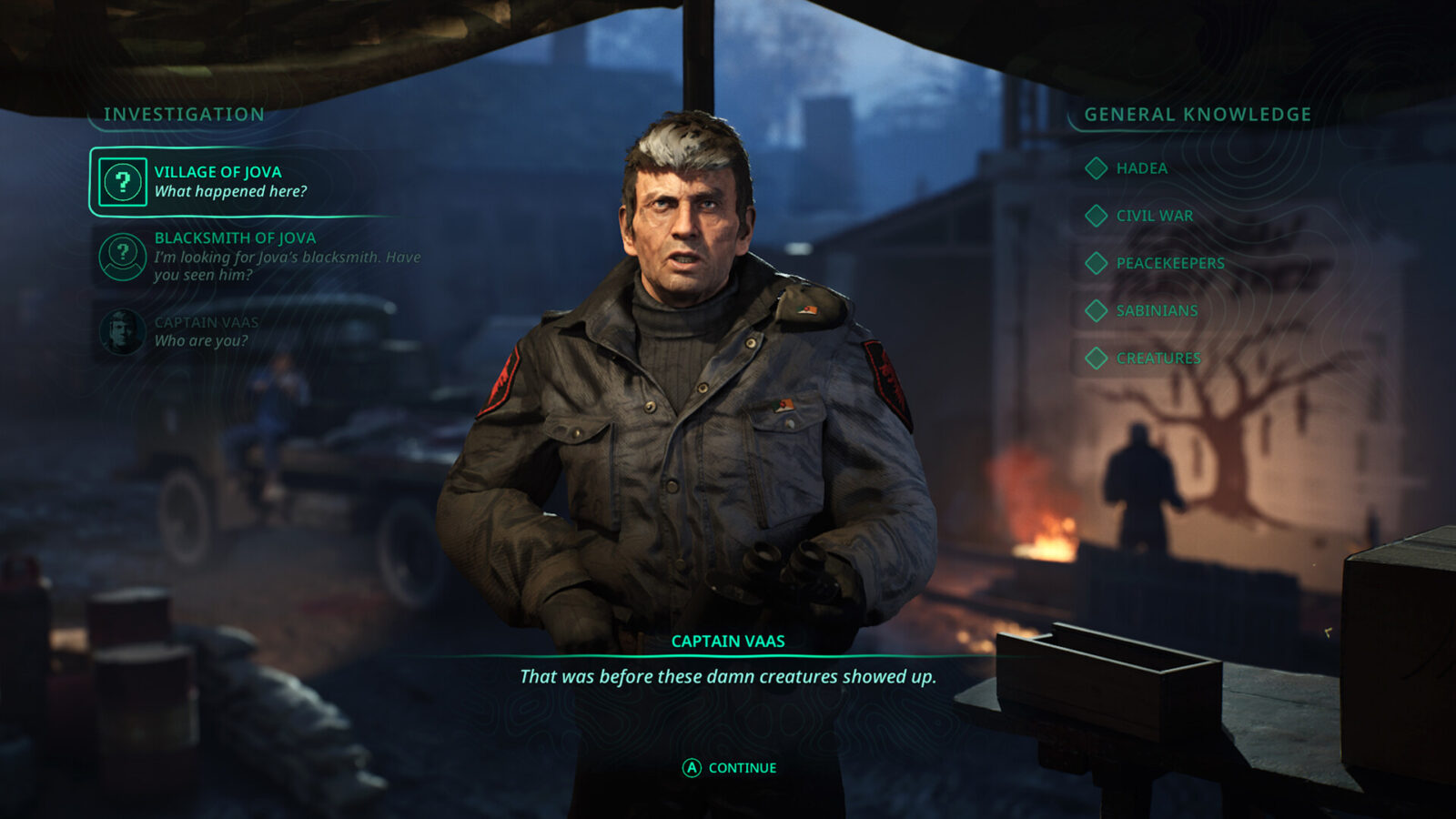
Even so, when I look back on my time in Hadea, I don’t remember the frustration first. I remember the glow of Lake Cynon at sunset. I remember solving that damn safe. I remember standing before propaganda murals so convincing I almost forgot which side I was supposed to be on. That’s the power of a game that dares to be messy, even if it can’t quite commit to the mess all the way.
Final Thoughts
Hell Is Us is not a perfect game. It’s not even a great one, mechanically speaking. Its combat is repetitive, its puzzles occasionally cheat, its narrative stumbles at the finish line. But it’s also a game that made me feel something rare: the genuine thrill of not knowing what comes next, of being small in a vast world that refuses to explain itself.
And for that, I’ll take messy ambition over polished mediocrity any day.
Hell Is Us is a flawed but fascinating journey through war, propaganda, and disorientation. It frustrates as often as it delights, but its world-building and exploration carry it far beyond its shortcomings. Like wandering through ruins, you’ll trip, you’ll stumble, you’ll get annoyed—but you’ll also find beauty where you least expect it.



